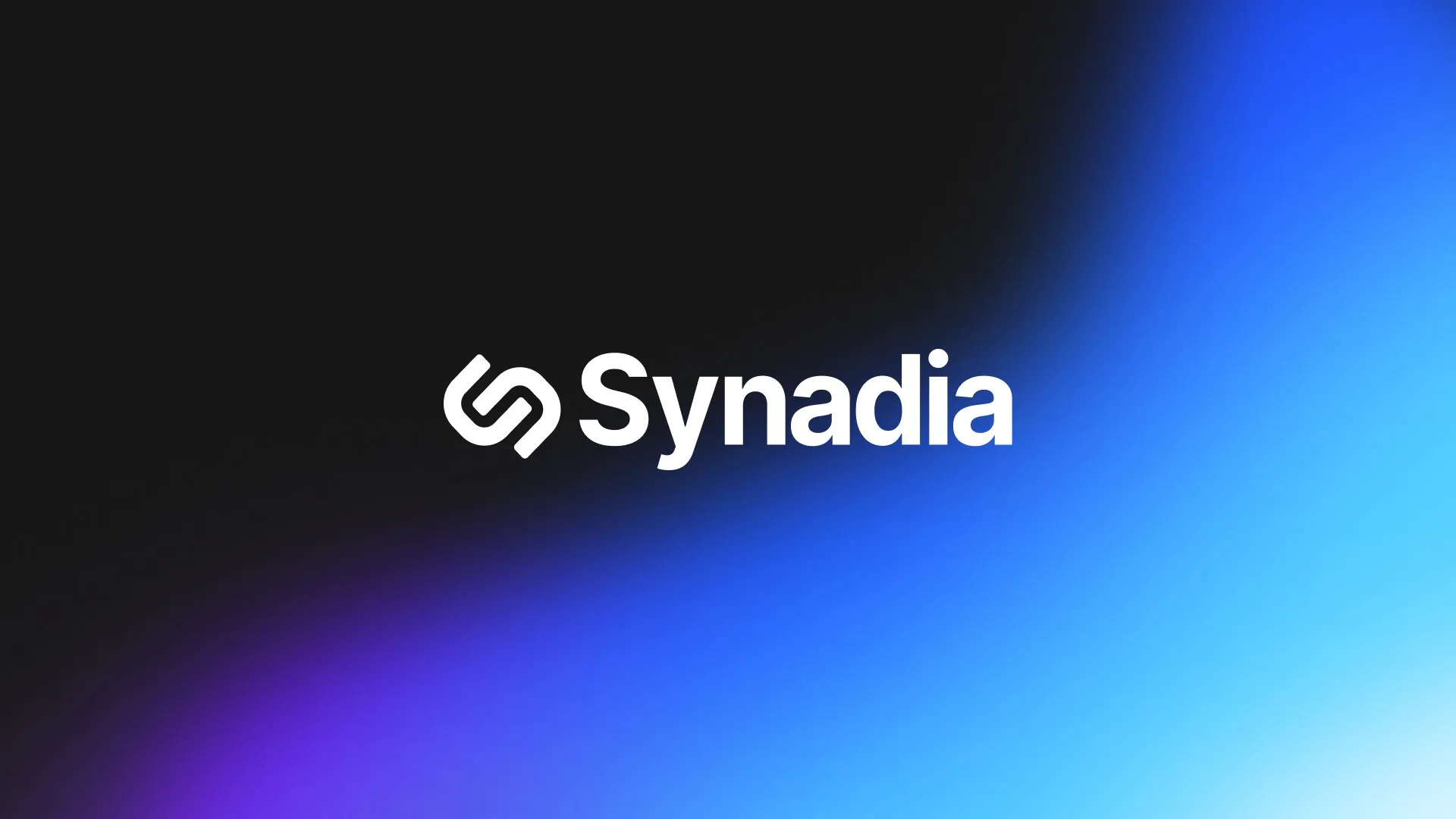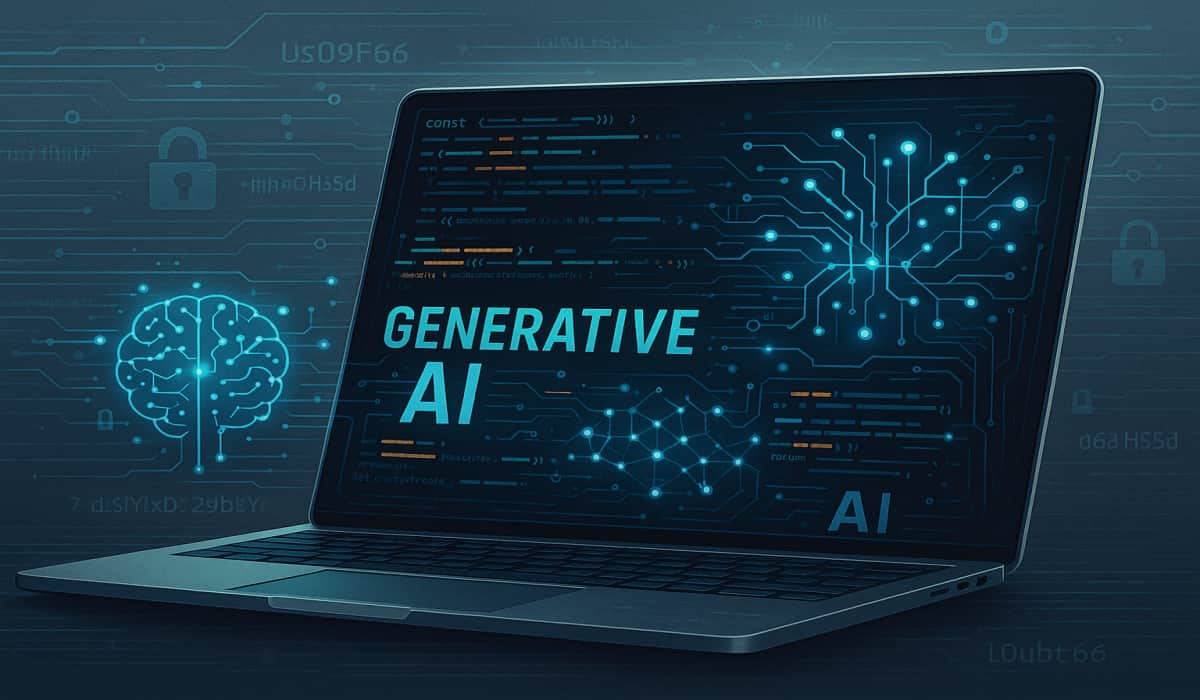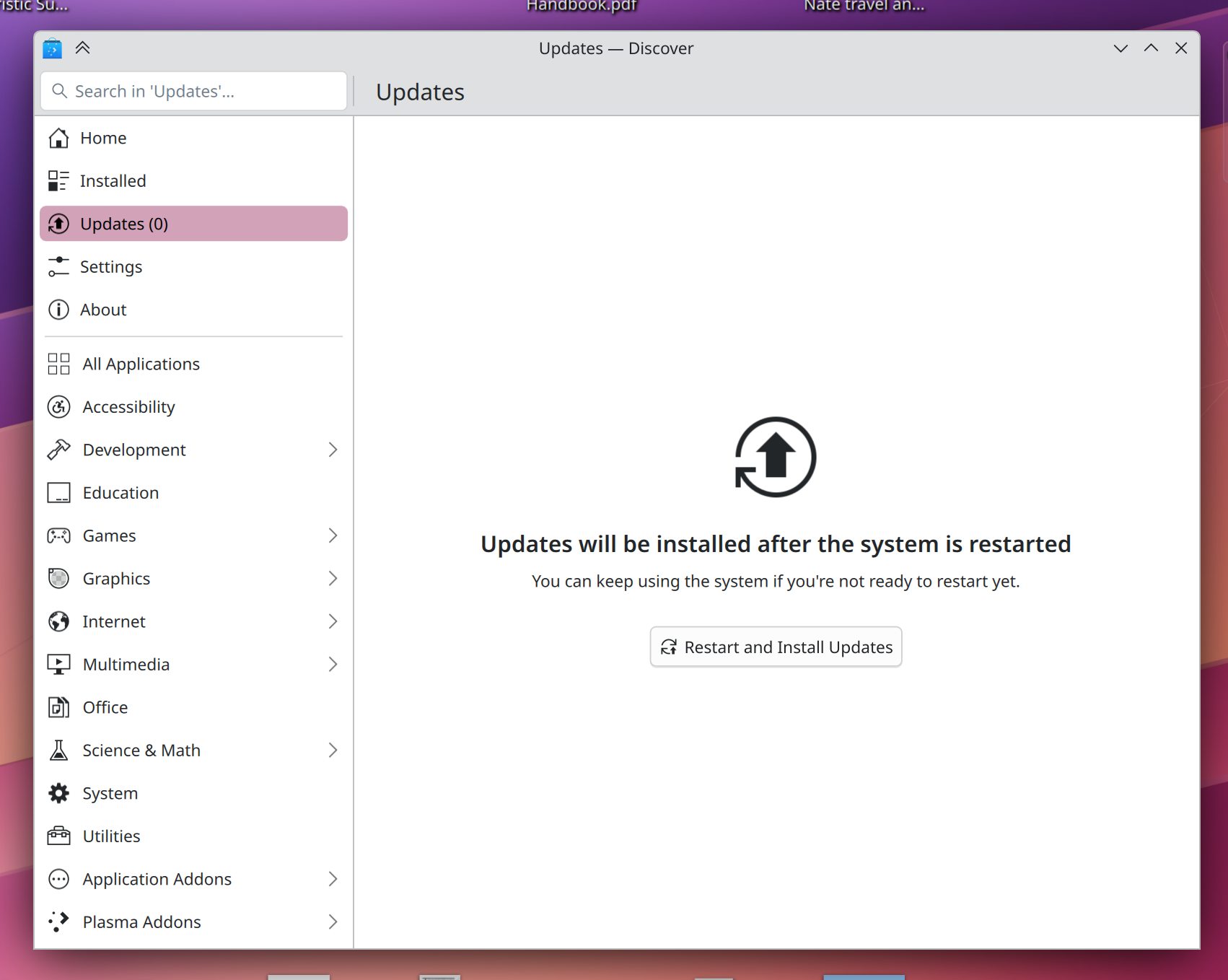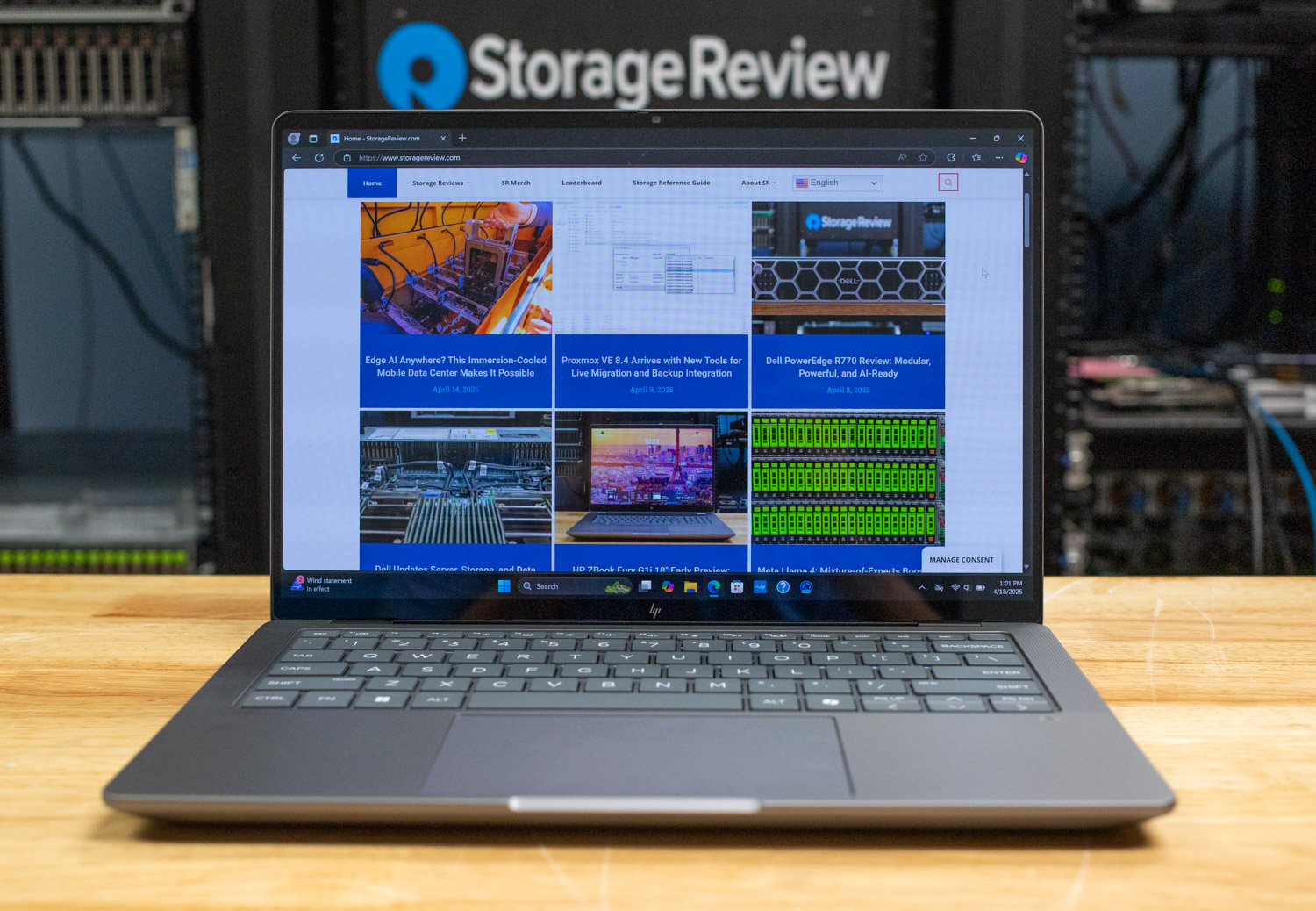
Experts warn that the current supply chain disruptions will be more severe than those experienced during the last pandemic. The US relies heavily on imports from China, with thousands of products not made elsewhere. As a result, prices are increasing, with Amazon merchants hiking prices by an average of 29% for products such as clothing, jewelry, and household items. The trade war with China is causing a significant drop in container bookings, with a 64% decrease in the first week of April. This is expected to lead to shortages of products like footwear, apparel, toys, and electronics. The president of the U.S.-China Business Council predicts that stores will start running out of stock in a couple of weeks, with the situation worsening if a trade deal is not reached soon. Even if a deal is reached, it will take an extended period for supply chains to return to normal. The Chinese government is implementing plans to support companies affected by the trade war, while in the US, those impacted will have to deal with the consequences. The economic conditions are already slowing down, and a major conflict with Iran could erupt at any time, making this a particularly bad time for the trade war.
Read full articleApril 25, 2025 • By jguerrasio@businessinsider.com (Jason Guerrasio)
Ryan Coogler, a renowned filmmaker, credits his wife Zinzi for believing in him when he first started his career. She bought him the screenwriting software Final Draft when he couldn't afford it, which helped him pursue his passion for storytelling. Coogler has since become a successful filmmaker, earning two Oscar nominations and launching his production company, Proximity Media, with Zinzi and producer Sev Ohanian in 2018. Proximity Media has produced several notable films, including "Judas and the Black Messiah" and "Space Jam," and has a staff of around 25 people. The company is known for its blue-collar approach and willingness to take unconventional paths, which has led to its success in the industry. Coogler's latest film, "Sinners," has had a successful opening weekend, and the company has several projects in development, including adaptations of bestselling novels and a docuseries. Zinzi reflects on how buying Ryan Final Draft led to his successful career, saying she had no expectations but supported his interest in storytelling.

April 25, 2025
Derek Collison, creator of NATS.io and CEO of Synadia, addressed recent discussions about NATS' future, prompted by the Cloud Native Computing Foundation (CNCF). Synadia disagrees with certain characterizations and aims to move forward constructively, prioritizing support for the global NATS community. The company's mission remains unchanged: to power modern distributed systems through robust messaging technology. Synadia never considered relicensing the codebase but evaluated a commercial server variant due to challenging incentive structures in the open-source world. To sustain the project, Synadia explored excluding advanced features from the NATS server and licensing them separately. Instead, they considered a community-minded approach, including features in the NATS server while exploring a BSL license model for future versions. The BSL license ensures source code remains transparent and publicly accessible, reverting to Apache 2.0 after a defined period. An Apache 2.0 licensed server version will always remain available and supported. Synadia intends to ensure minimal disruption and extend generous usage allowances. The company remains committed to transparency and is proud of the NATS community, grateful for the innovations it has enabled, and optimistic about the future.

April 25, 2025 • By Deeba Ahmed
A critical security vulnerability (CVE-2025-34028) has been discovered in Commvault's Command Center, a widely used enterprise backup and data management solution. The flaw, with a severity score of 9.0, allows remote attackers to execute arbitrary code without login credentials. It was discovered by Sonny Macdonald of watchTowr Labs and reported to Commvault, which released a patch on April 10, 2025. The vulnerability affects Commvault Innovation Release versions 11.38.0 to 11.38.19 for Linux and Windows. To resolve the issue, users should update to version 11.38.20 or 11.38.25. The vulnerability highlights the importance of swift security updates for data protection and backup infrastructure. Experts emphasize the need for immediate mitigation to prevent full compromise of the Command Center, ransomware, and data loss.

April 25, 2025 • By Owais Sultan
The software development industry is on the verge of a significant change with the emergence of generative AI. This technology has the potential to make developers more productive, with tools like GitHub Copilot, Anthropic's Claude, and OpenAI's ChatGPT already available. Generative AI refers to machine learning systems that can create novel, high-quality digital content, including code, on-demand. These models can take in text prompts and return relevant outputs in seconds, saving developers time and reducing bugs. The benefits of generative AI for developers include increased productivity, reduced time spent on simple tasks, and the ability to work with legacy systems. It is expected to become ubiquitous in software development, with significant investment from tech giants like Microsoft. To get ahead of the curve, developers should learn about generative AI, its capabilities, and how to use it to augment their skills. Common myths about generative AI replacing human developers are debunked, with the key being to view AI as a supportive tool rather than a replacement. Human creativity, judgment, and oversight remain essential, and generative AI aims to free engineers from drudgery to focus on more fulfilling work. The future of AI-assisted development is promising, with the potential for more people to create ambitious projects and drive breakthroughs. Developers should embrace this shift and get hands-on experience with generative AI to stay ahead of the curve.

April 25, 2025 • By Nate Graham
This week in KDE Plasma, several contributors gathered in Graz, Austria for a development sprint, resulting in numerous improvements and features. Updates include: * Visually highlighting newly-installed applications in the Kickoff launcher * Enabling numberpad buttons to move the pointer on Wayland * Implementing Wayland support for "relative mode" with drawing tablet styluses * Displaying an OSD reminder when a microphone is muted * Allowing configuration of apps to run on the system's discrete GPU * Introducing a new "Animations" page in System Settings * Improving notification interaction with full-screen applications * Enhancing the Weather Report widget and Digital Clock widget * Fixing various bugs, including crashes in KWin and Discover, and issues with tooltip text and clipboard functionality. These updates demonstrate the ongoing efforts to improve KDE Plasma and its associated apps. The community is encouraged to get involved and support KDE through donations, contributions, and purchasing merchandise.

April 25, 2025 • By Taylor Keazirian
The article discusses the importance of technical documentation in software development, highlighting its role in streamlining onboarding, standardizing operations, and reducing wasted time. It addresses common reasons people avoid documentation, such as the time-consuming nature and potential for outdated information. The author emphasizes that documentation is essential for preserving critical knowledge, providing historical context, and ensuring knowledge remains accessible as teams grow and change. To write effective documentation, the author suggests creating a well-structured README, API documentation, and leveraging tools to automate documentation. They also provide tips for keeping documentation relevant and useful, such as establishing ownership and treating it as a living resource. The article concludes by emphasizing that great documentation is about removing barriers, preserving knowledge, and continually investing in the future success of the team. The author shares their personal experience of updating the README as soon as possible after joining a new team, which sets the tone for maintaining concise and well-documented resources. They also document their thought process, challenges, and key learnings for every project, allowing them to reflect on progress and share insights with teammates. Overall, the article encourages readers to prioritize technical documentation, apply best practices, and make clear and maintainable documentation a priority for their team. By doing so, teams can improve processes, establish a culture of openness and shared knowledge, and ultimately achieve long-term success.
April 25, 2025 • By Big Dollar Casino
Big Dollar Casino is a top choice for new players in online casino gaming, offering a wide range of games, responsive customer support, and enticing offers. The casino has a simplified registration process and provides a 200% match-up bonus of up to $6,000 for new players, along with free spins and other perks. Big Dollar boasts an impressive selection of games from top software developers, including Rival Gaming, Saucify, and Betsoft, with state-of-the-art technology and crisp graphics. The casino is optimized for mobile use, with dedicated apps for Android and iOS devices, and offers fast and secure payment solutions, including cryptocurrencies like Bitcoin. Big Dollar prioritizes customer service, with multiple communication channels and a support team available to handle queries. The casino is licensed by the Curaçao government and promotes responsible gaming, with tools to help players remain in control. With its commitment to game fairness, data encryption, and responsible gaming, Big Dollar has established itself as a trusted and leading online casino destination.

April 25, 2025 • By Erika Ellacott
The article provides a comprehensive guide to starting a successful online business, focusing on finding the right products to sell and navigating the ever-evolving world of e-commerce. It emphasizes the importance of thorough research, understanding trends and strategies, and making informed decisions throughout the process. To find profitable products, the article suggests considering factors such as margin, production costs, shipping logistics, and consumer demand cycles. It also highlights the benefits of selling non-physical products, such as online courses, memberships, and ebooks, which require no inventory or manufacturing. The article explores various online business models, including selling through one's own online store, using platforms like WooCommerce, and leveraging marketplaces like Amazon, eBay, or Etsy. It also discusses the pros and cons of dropshipping, print on demand, and manufacturing one's own products. To identify in-demand products, the article recommends using tools like Google Trends, which provides insights into consumer interests and search volume. It also suggests analyzing Amazon sales data, particularly the "Movers and Shakers" section, to find trending products and categories. Ultimately, the article encourages entrepreneurs to stay focused on their target audience, adapt to changing trends, and continually learn and improve to build a successful online business. By following these guidelines and considering various factors, individuals can increase their chances of success in the competitive world of e-commerce.

April 25, 2025 • By Tiernan Ray
A new report from the Apollo Group, a UK-based non-profit organization, highlights a potential risk of artificial intelligence (AI) that has received little attention: the use of AI by companies to accelerate their research and development (R&D) efforts, potentially leading to uncontrollable and destructive actions. The report suggests that companies like OpenAI and Google may use AI to automate tasks typically performed by human scientists, creating a "self-reinforcing loop" that could lead to an "intelligence explosion" and allow companies to accumulate disproportionate economic power, threatening society and democratic institutions. The report's authors, led by Charlotte Stix, warn that this could happen behind closed doors, without public scrutiny or oversight, and propose measures to mitigate this risk, including policies for oversight, access control, and information sharing. They also suggest a regulatory regime in which companies voluntarily disclose critical information in return for resources and support. The report emphasizes the need for a more concrete understanding of the risks associated with AI and the importance of addressing these risks through public-private partnerships and regulatory frameworks. However, the authors acknowledge that more work is needed to lay out the specifics of how AI systems could become more sophisticated and escape oversight and control. The Apollo Group's research focuses on understanding the risks of AI, including the potential for "misaligned" AI agents that acquire goals that diverge from human intent. The report highlights the need for careful consideration of the potential consequences of AI development and the importance of ensuring that AI systems are aligned with human values and goals.

April 25, 2025 • By Matteo Wong
The article discusses the potential of generative AI in scientific discovery, particularly in the field of cancer research. While AI executives like Demis Hassabis and Dario Amodei have made bold claims about AI's ability to "cure all disease" or "eliminate most cancer," the reality is more nuanced. The article suggests that AI can be a useful tool in scientific research, but its applications are unlikely to be as wide-ranging as its creators claim. There are two types of generative AI that are currently contributing to scientific discovery: chatbots that synthesize existing data and ideas, and models that "speak the language of biology" by analyzing experimental data. The former can be useful for information processing and summarization, but are limited in their ability to generate new ideas. The latter, such as AlphaFold, can quickly apply patterns drawn from large amounts of data to identify promising new targets for therapy or repurpose existing drugs. However, the article notes that even if AI proposes a potential cure for a disease, it would still require years of laboratory and human trials to prove its safety and efficacy. Additionally, AI models are not yet able to simulate the complexity of human biology, and are limited by the quality of the training data they are given. The article concludes that the ultimate achievement of AI in scientific research may be to improve efficiency, rather than to make revolutionary discoveries. By automating routine tasks and providing tools for scientists to analyze and generate hypotheses, AI can help reduce the time and cost of scientific research. However, human scientists are still necessary to design and curate the data, ask the right questions, and experimentally verify the outputs of AI systems.

April 25, 2025 • By Usman Qureshi
Apple is transferring its robotics division from AI chief John Giannandrea to the hardware division, overseen by John Ternus. This move is part of a broader strategy to streamline AI and hardware efforts. The change follows the appointment of Mike Rockwell to head the Siri team, replacing Giannandrea, due to concerns over AI feature rollout delays and internal team tensions. The robotics division is working on projects like a tabletop robotic device with an iPad-style display for smart home control and video conferencing. This reorganization aims to enhance collaboration between AI and hardware engineering, helping Apple compete with market rivals.

April 25, 2025 • By PYMNTS
The White House is finalizing its AI Action Plan, and thousands of companies, including tech giants and AI startups, have submitted their views on regulating artificial intelligence. The submissions, released in a searchable database, show similarities in the need for infrastructure investment, open innovation, and regulatory consistency. However, they differ in approach. Companies like Amazon, Meta, and Microsoft are pushing for investments in energy infrastructure, cloud and chip access, and federal AI adoption. Others, like Anthropic and Mistral AI, are emphasizing the importance of open-source innovation and treating advanced AI systems as national assets. The submissions also highlight the need for AI governance, with companies like Uber and JPMorgan Chase calling for greater accountability and security in AI decision-making.

April 25, 2025 • By dylan-dougherty
The HP ZBook Ultra G1a 14" is a mobile workstation PC that features an AMD Ryzen AI Max PRO 300 Series processor and advanced Radeon 8060S graphics. It is designed to handle demanding tasks that typically require desktop-level performance, making it a strong fit for professionals who need powerful performance wherever they work. The system has a compact 14-inch chassis, a 2.8K OLED touchscreen, and supports up to 128GB of shared memory. It also features a unified memory architecture, dual Delta cooling fans, and a thermal design optimized for its high-performance components. In terms of performance, the ZBook Ultra G1a delivers decent numbers across various benchmarks, including SPECworkstation 4.0, Blender, Luxmark, and Geekbench 6. It outperforms the HP EliteBook X G1a and Lenovo ThinkPad X9 14 Aura Edition in most tests, showcasing its exceptional multithreaded performance and thermal efficiency. However, the ZBook Ultra G1a falls short in AI-related benchmarks, such as the Procyon AI Computer Vision and Procyon AI Text Generation benchmarks. It lags behind the Lenovo ThinkPad P15 Gen 2, which features a discrete NVIDIA RTX A5000 GPU. The ZBook's integrated Radeon GPU struggles to keep pace with the ThinkPad's dedicated graphics card, particularly in heavy image generation workloads. Overall, the HP ZBook Ultra G1a 14" is a powerful mobile workstation that excels in CPU-intensive workloads and 3D rendering tasks. However, it may not be the best choice for heavy AI workloads that require dedicated graphics cards. The system's premium cost and positioning make it a formidable choice for professionals who need workstation-class power, but it may not live up to its full potential in certain areas.
April 25, 2025 • By Jean Leon
Google's CEO, Sundar Pichai, has confirmed that the AI-powered Gemini assistant will be integrated into more products, including watches, cars, and headphones, in 2025. Gemini, which replaced the classic Google Assistant on Android devices, will be available on other platforms, such as Wear OS and Android Auto. Pichai announced this during Alphabet's Q1 2025 earnings call, stating that Gemini will be upgraded on mobile devices and later on tablets, cars, and devices that connect to phones, like headphones and watches. Google is expected to share more information about this integration at its I/O developer event on May 20-21.

April 25, 2025 • By Pierluigi Paganini
Here is a concise summary of the news article in 8173 tokens or less: Multiple cybersecurity incidents have been reported, including data breaches at MTN Group, DaVita, and Yale New Haven Health, affecting millions of patients. Ransomware attacks have targeted various organizations, such as Interlock, which leaked data from a kidney dialysis firm, and LockBit, which exploited Fortinet Firewall flaws. Several vulnerabilities have been discovered, including a zero-day in Ivanti Connect Secure, a critical flaw in Apache Roller, and a flaw in VMware ESXi. The US CISA has added several flaws to its Known Exploited Vulnerabilities catalog, including those in Apple products, Microsoft Windows, and Cisco routers. Cybercrime groups, such as Lazarus APT and Gamaredon, have been linked to various attacks, including those targeting cryptocurrency exchanges and telecom providers. Law enforcement agencies have seized domains and arrested individuals involved in cybercrime activities. New malware and tools have been discovered, including the ResolverRAT, which targets healthcare and pharmaceutical firms, and the Z-NFC tool, which is used for payment fraud. The use of AI and machine learning in cybersecurity has also been highlighted, with experts warning of the potential risks and benefits of these technologies. Overall, the cybersecurity landscape remains complex and evolving, with various threats and vulnerabilities emerging regularly. Organizations and individuals must remain vigilant and take proactive measures to protect themselves from cyber threats.

April 25, 2025 • By Kevin Ottens
The article is a weekly web review covering various topics in tech, philosophy, politics, and culture. It discusses the importance of privacy, the value of librarians, and the need for decentralized infrastructure. The review also touches on censorship, AI, machine learning, and programming languages like Python, C++, and Rust. Additionally, it covers topics such as version control, Git, and feature flags, as well as design, testing, and project management. The article concludes with a list of resources and tools for better decision-making and problem-solving. Overall, the review provides a comprehensive overview of the latest developments and trends in the tech industry and beyond.